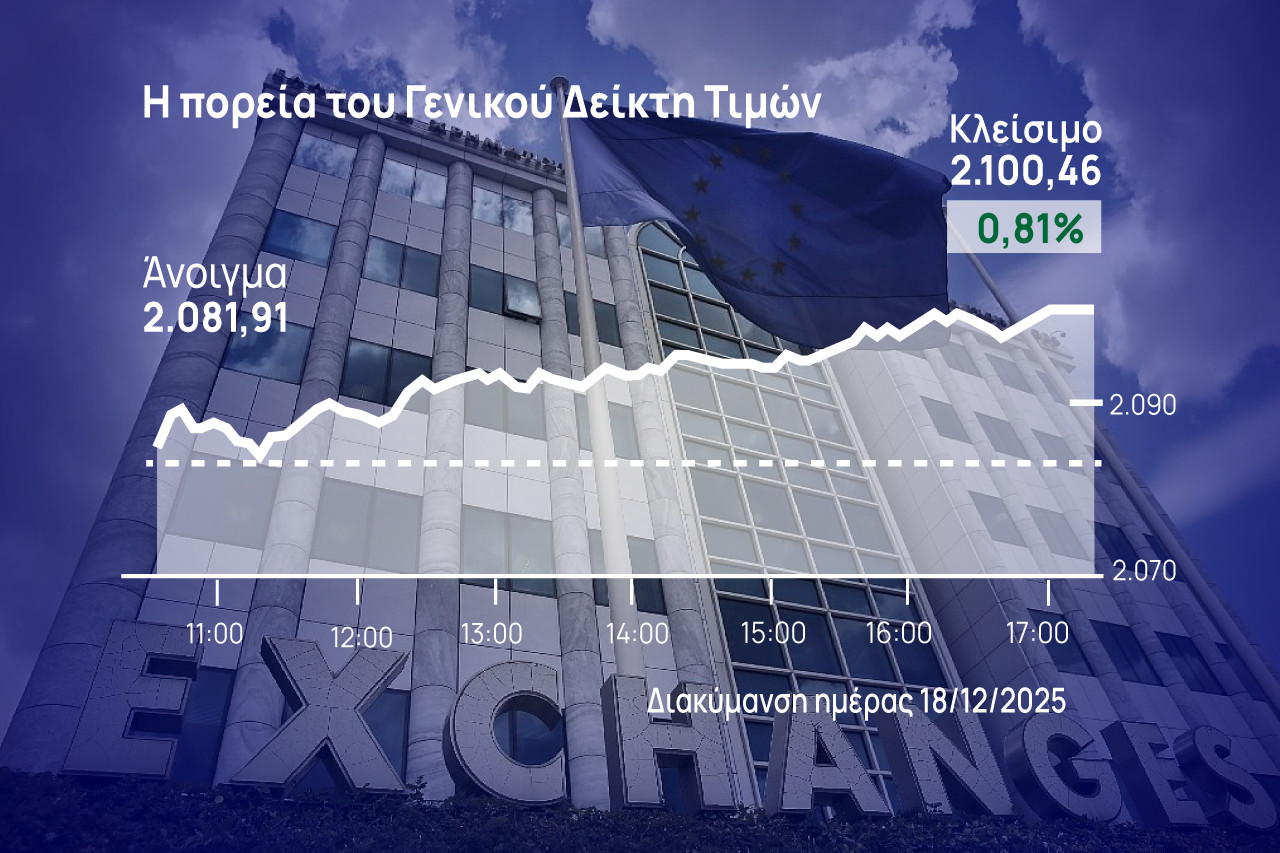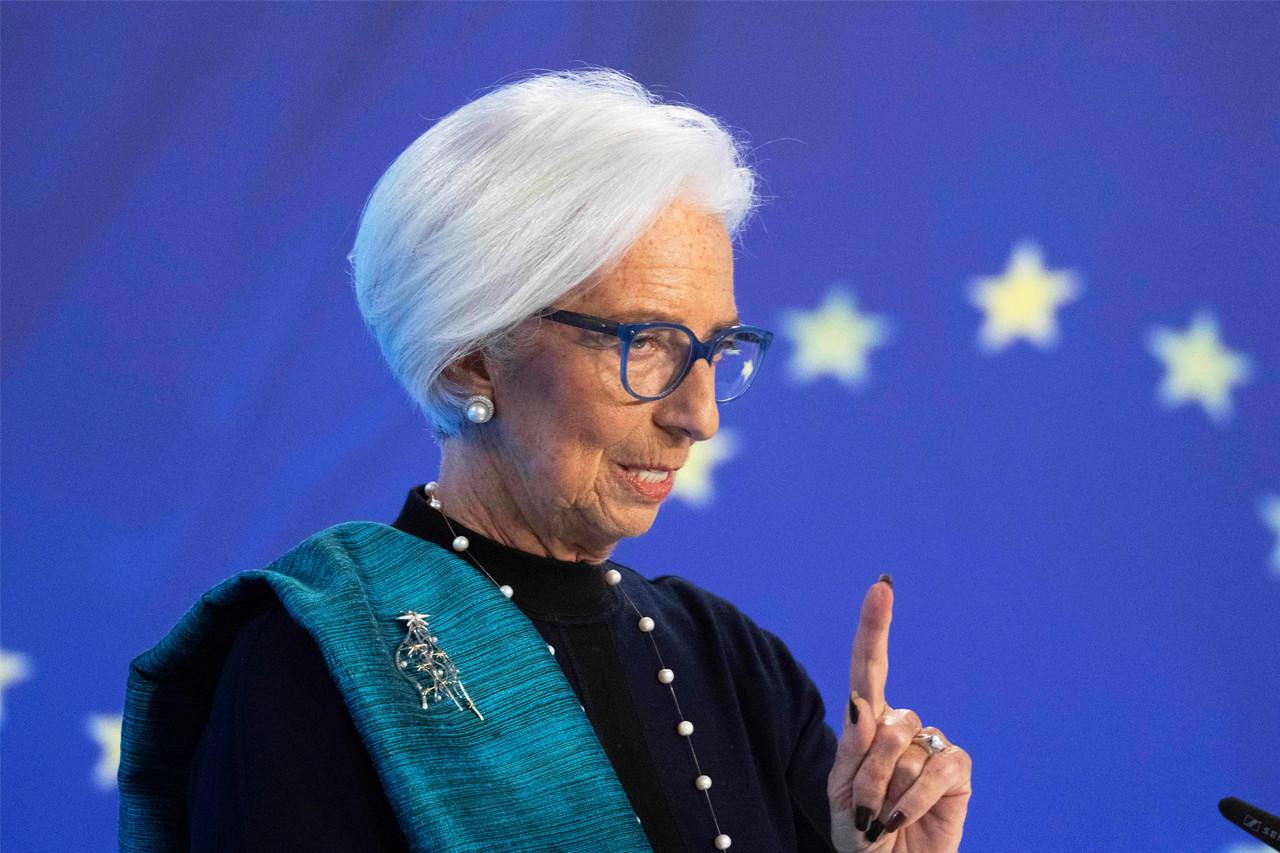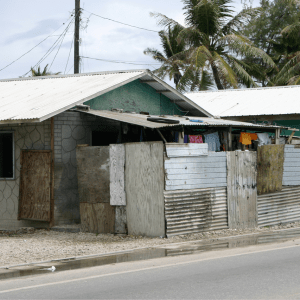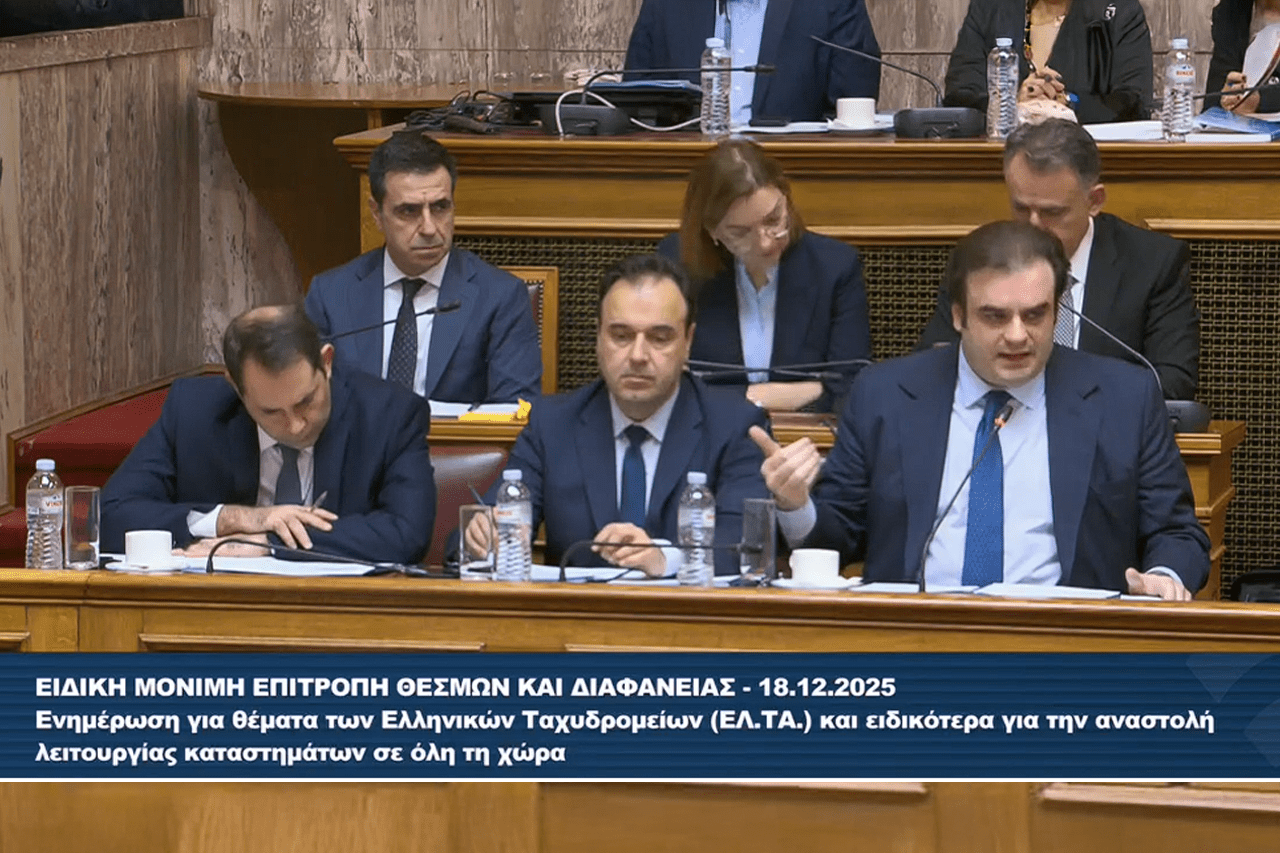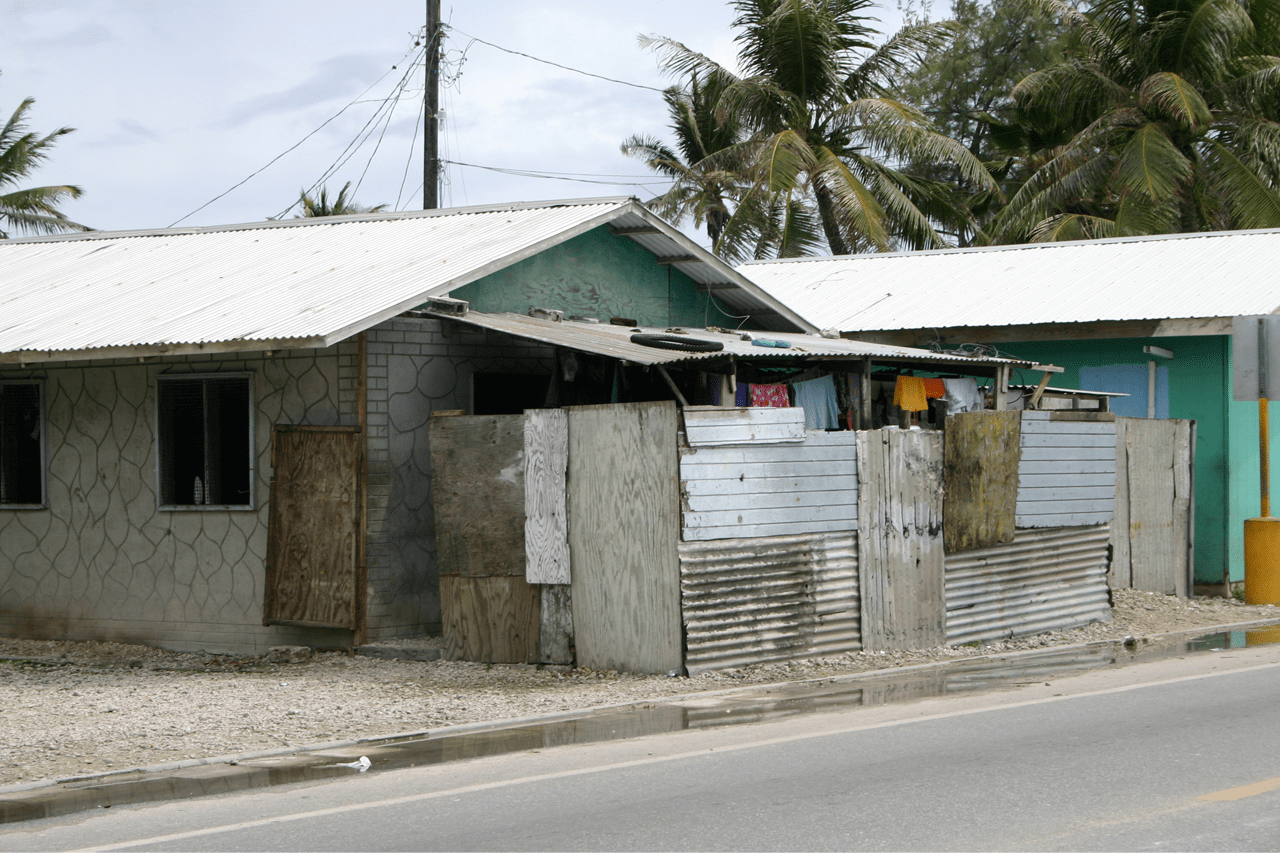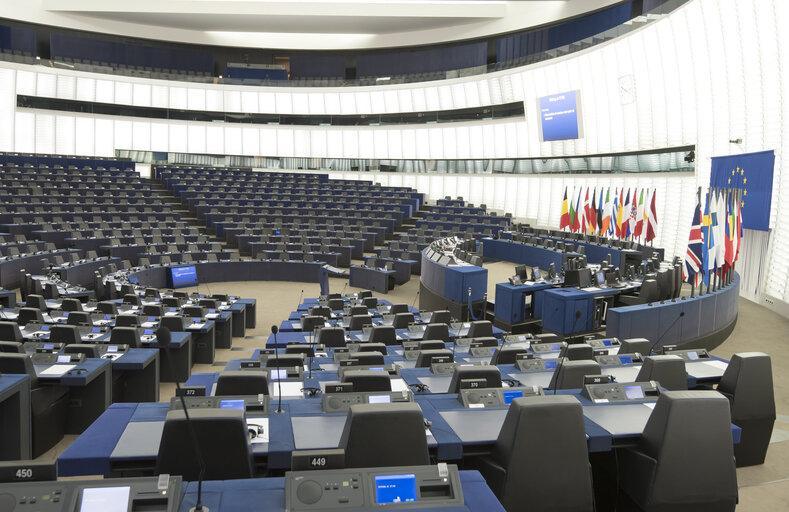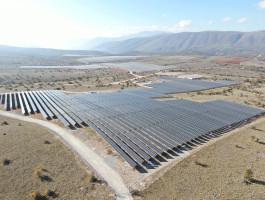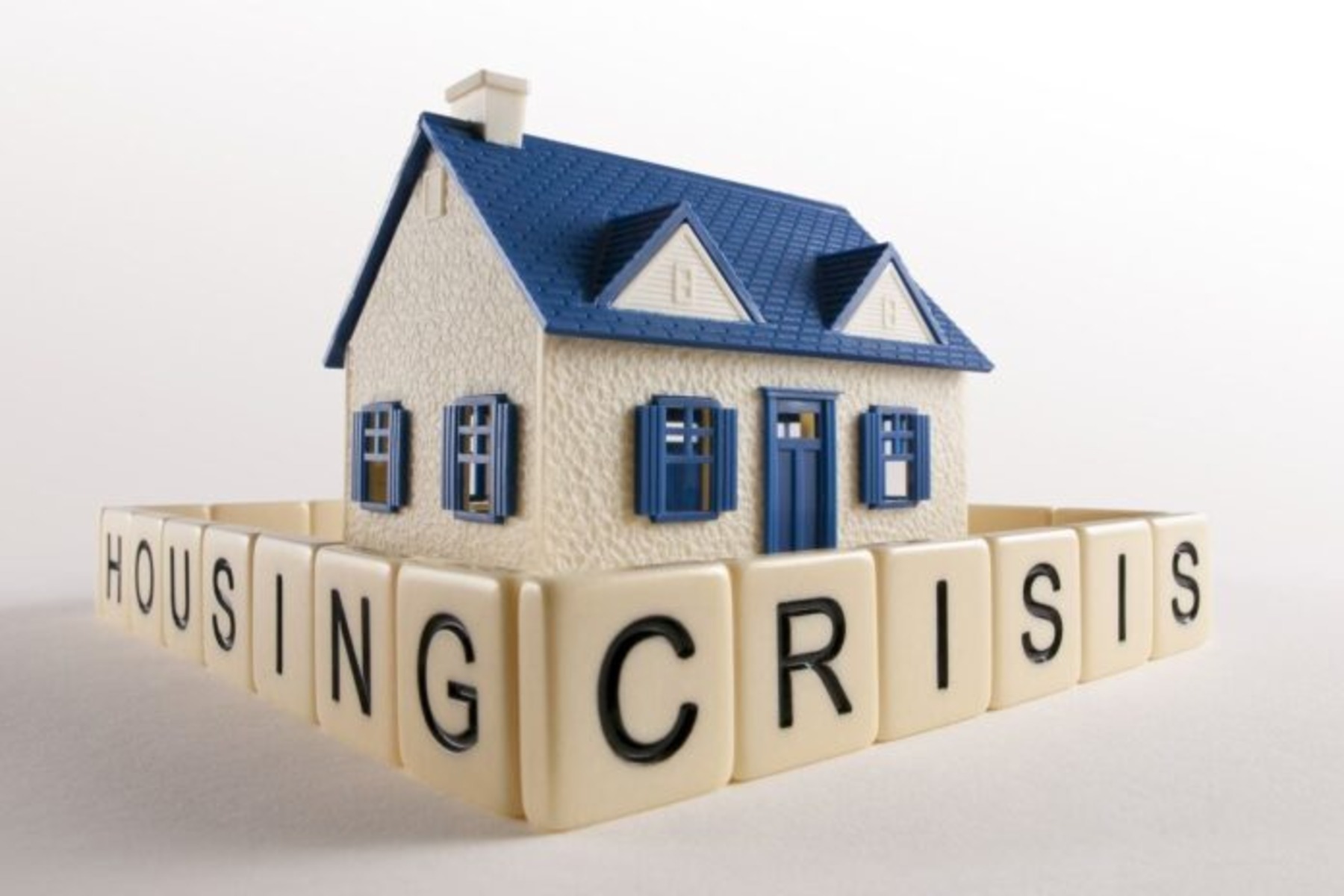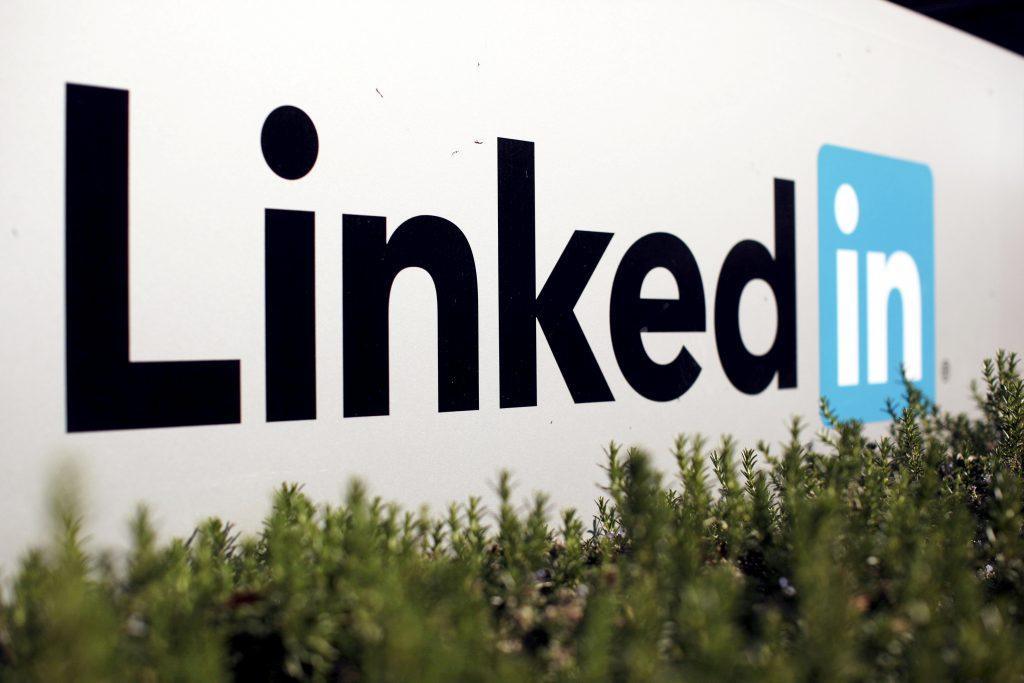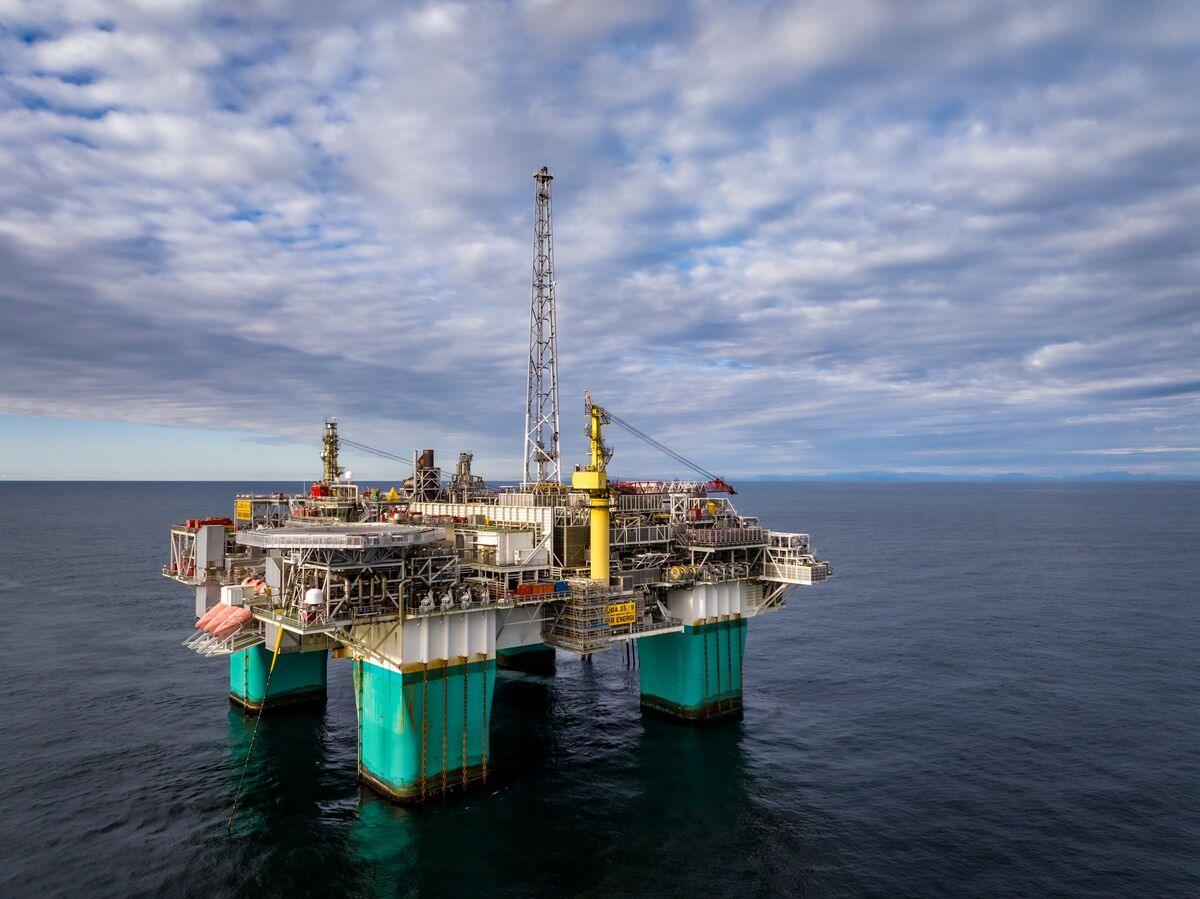The Greek SME sector is showing remarkable resilience despite the war in Ukraine affecting the already strained energy and raw materials international markets and supply chains.
According to a recent survey by the National Bank’s Directorate of Economic Analysis, while the blow to Greek companies is proving to be of great breadth and depth, SMEs maintain sound finances and are actively growing.
Survey
In particular, the NBG survey of a sample of 600 companies (April-May) highlights the growing uncertainty affecting the SME sector, with 41% reporting a direct impact of the war (with half saying this is intense).
Highlighting the pressure on prices and adequacy of raw materials as the main hurdles, Greek companies are burdened both due to dependence on Russian and Ukrainian imports but mainly due to the wider turmoil in the international energy and raw materials markets. At the industry level, the blow is most severe in industry and trade, with half of the respective SMEs declaring themselves directly exposed to the current situation (compared to 25-30% in services and constructions).
Under these conditions, the SME Confidence Index dropped by 11 points compared to the previous semester, with the concern focusing on liquidity.
Despite the above signs of deterioration of SME expectations, it is important that the situation at this stage seems manageable, because the Confidence Index remains on positive ground, and the percentage of SMEs with severe liquidity problems remains at a record low of 9.
On a growth trajectory
SMEs manage to stay on a growth trajectory in both the short and medium term planning horizon despite the problems.
According to the NBG there will be rising demand for hiring in the next semester, while for the next five years, sales dynamics are foreseen to grow by 2% per year (compared to the previous five years.
This optimistic view from respondents partly reflects the opportunities opened up through the Development Fund and other related investment programs.


